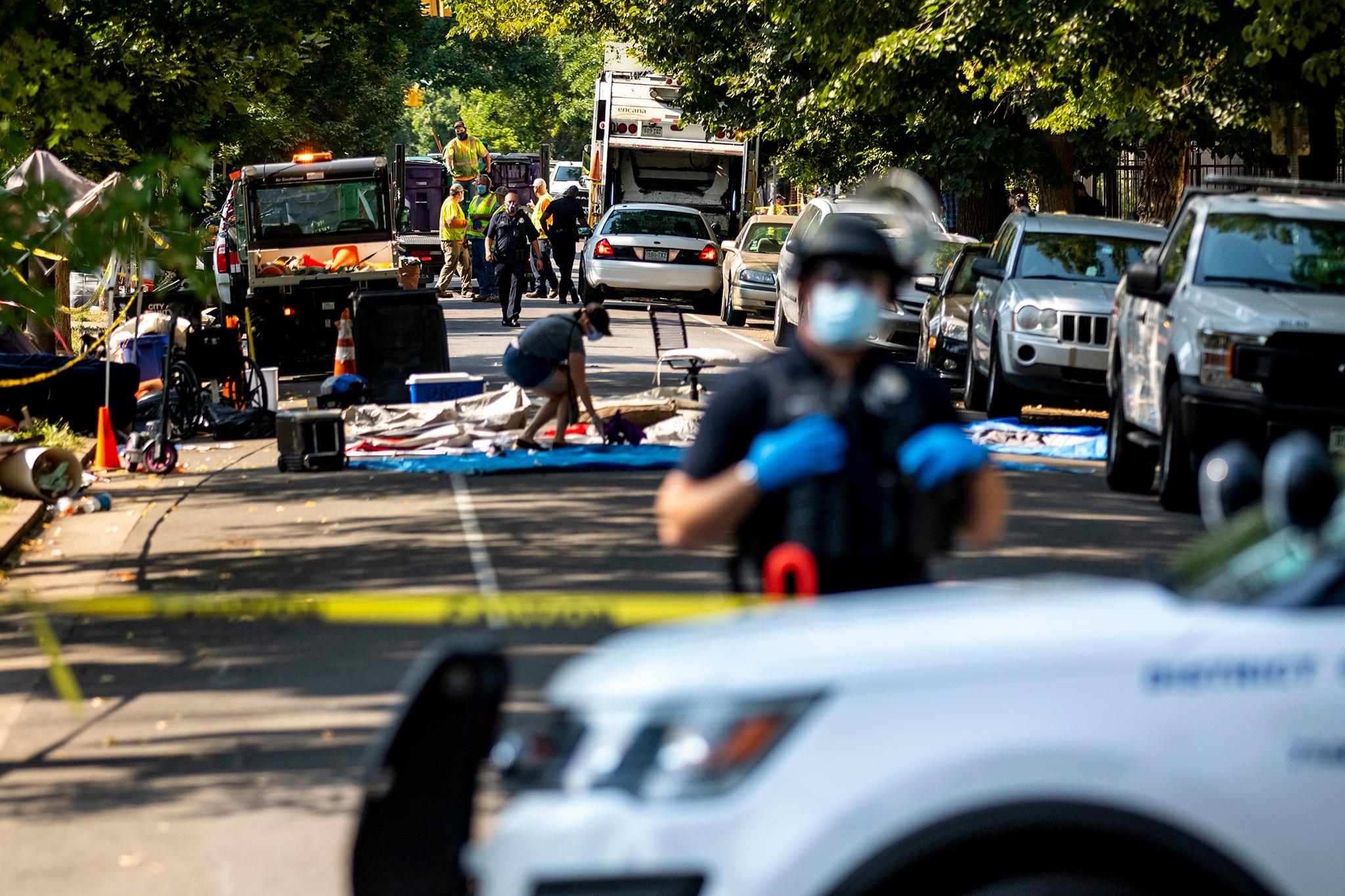The city government and the Denver police union can't agree on contract terms, so a third-party labor negotiator will have to iron things out.
The Denver Police Protection Association and the city "were unable to reach an agreement" and are "at an impasse" in their negotiations, according to a joint statement dated October 16.
In September, by a vote of 8 to 5, the Denver City Council rejected a two-year contract that included raises for Denver Police Department officers of almost 3 percent. The raises would have come in 2022. The contract would have also gotten rid of 10 paid holidays in 2021, a change that some elected officials have characterized as a pay cut.
Mayor Michael Hancock, whose administration is negotiating with the police union, condemned the city council's decision. The agreement was "the best deal possible on behalf of our taxpayers and the officers who protect them, balancing the sacrifice public servants must make during an economic downturn with our chartered responsibility to public safety," he said in a statement.
City council members who voted against the contract said they felt uncomfortable guaranteeing police officers more money without knowing how Denver's economy will look. Some members said they felt left out of the process.
City council members who voted for the contract reasoned that the deal was fair and that the city might get a worse deal if an independent arbitrator gets to decide the fate of the contract.
The Hancock administration continued negotiations after the council rejected the contract. Because negotiations happen behind closed doors, the exact points of disagreement between the police union and the administration cannot be divulged, said Ryan Luby, spokesman for the City Attorney's Office.
By law, each side must submit a final offer to the independent arbitrator who will settle those disputes by picking one offer or the other. Until then, both parties must continue negotiations, according to the city charter.
The third-party negotiator has not been selected yet, Luby said in a statement. Denver's government "maintains a panel of experienced labor arbitrators," he said.
Police officers are not allowed to strike.
A citywide and countrywide reckoning over police funding and reform has also colored the debate. While some council members may have viewed a no-vote on the contract as a way to start shutting off the faucet of law enforcement spending, Councilwoman Robin Kniech said the union has no control over other parts of the DPD budget, like the number of officers hired.














